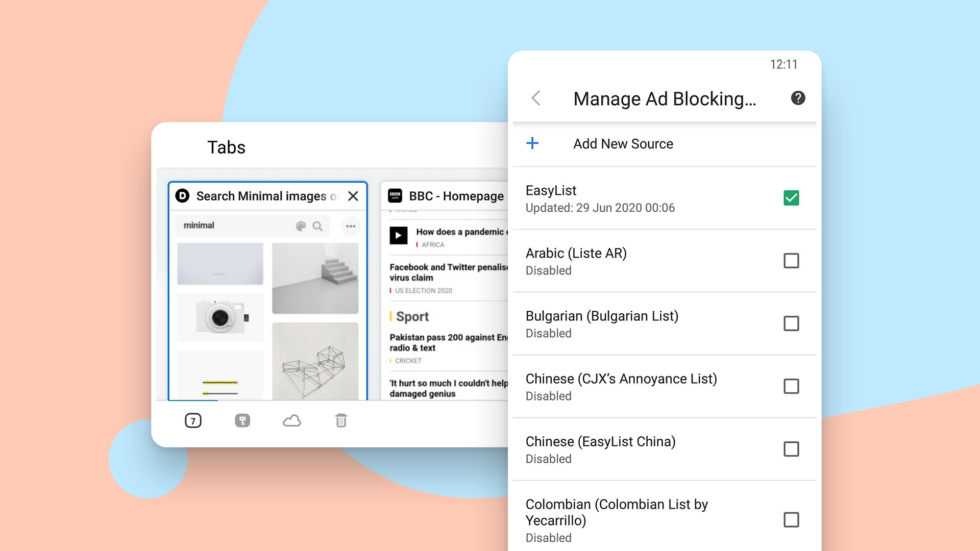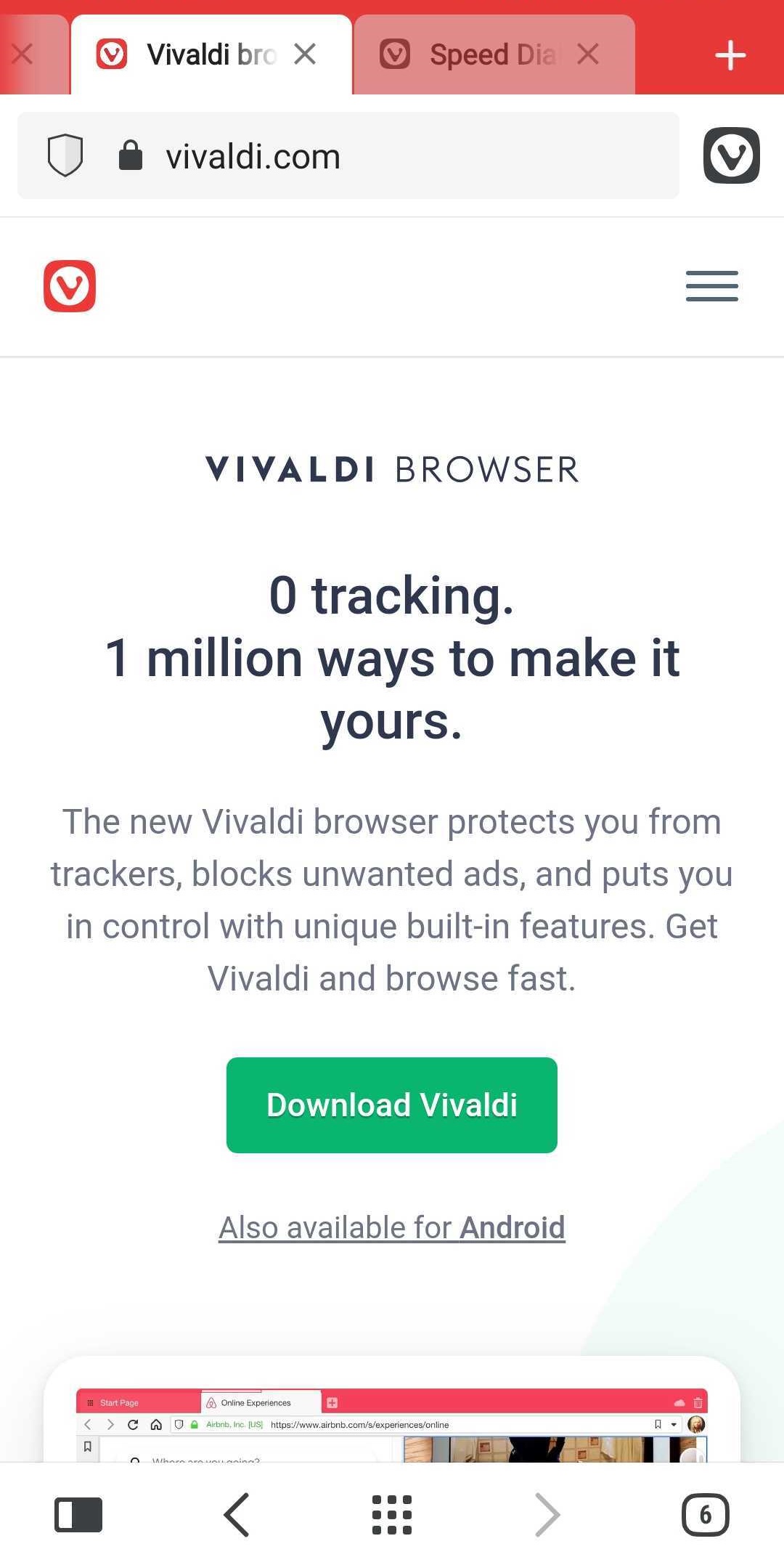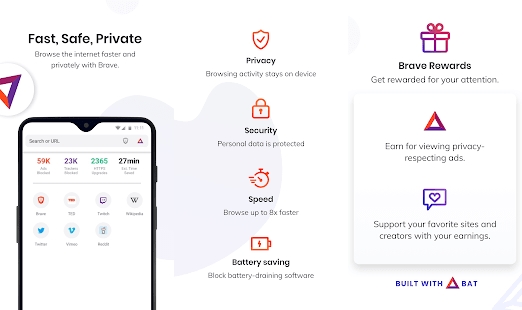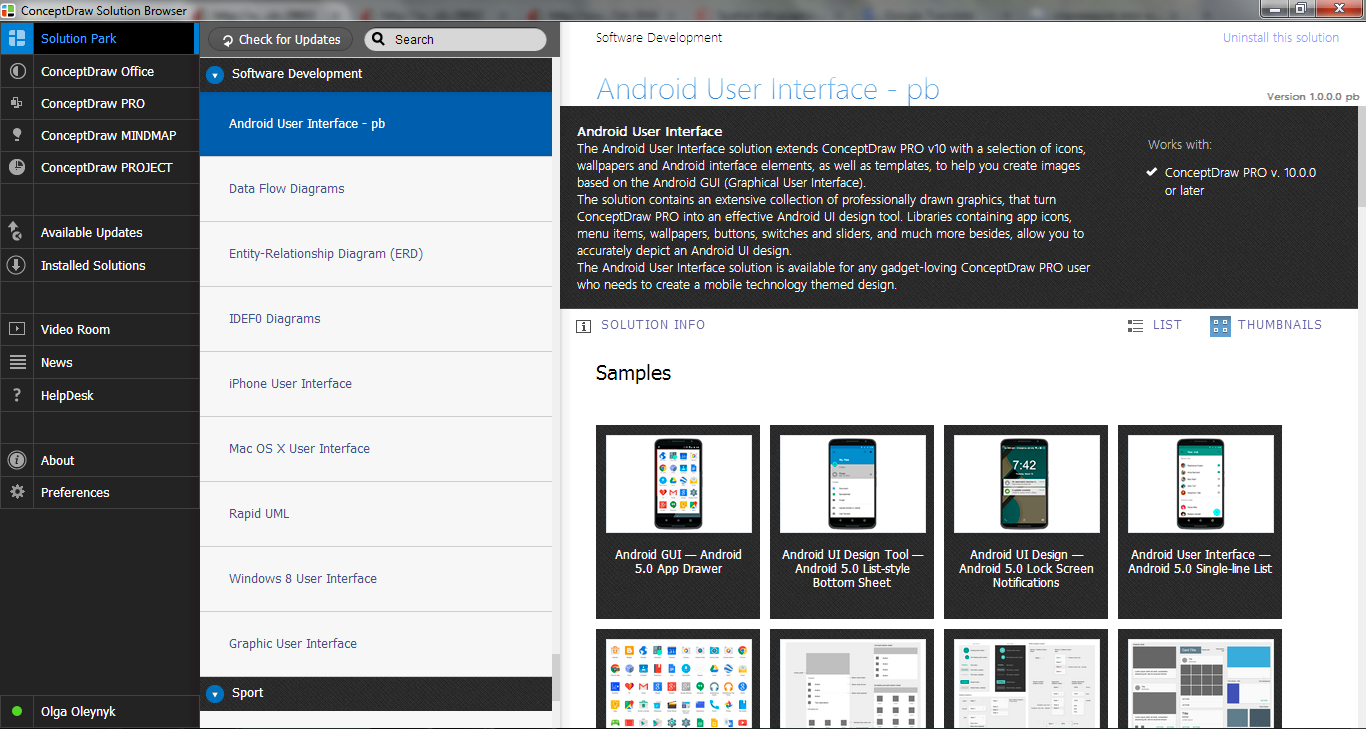
If you've chosen to sync your Chrome history, and if Google is your default search engine, the URL of the page you’re viewing is sent to Google in order to provide better, contextually relevant suggestions. Logs of these suggestion requests are retained for two weeks, after which 2%% of the log data is randomly selected, anonymized, and retained in order to improve the suggestion feature. This information helps improve the quality of the suggestion feature, and it's logged and anonymized in the same manner as Google web searches.

If Google is your default search engine, when you select one of the omnibox suggestions, Chrome sends your original search query, the suggestion you selected, and the position of the suggestion back to Google. If Chrome determines that your typing may contain sensitive information, such as authentication credentials, local file names, or URL data that is normally encrypted, it will not send the typed text. When in Incognito mode, in order to provide these suggestions, Chrome relies on an on-device model that does not communicate with your default search engine until you select a suggestion.

When Chrome preconnects, it resolves the search engine’s IP address and connects it to the search engine, exposing your IP address. Chrome will not preconnect if you have either turned off “Preload pages for faster browsing and searching” in the “Cookies” part of “Privacy and security” section or "Autocomplete searches and URLs" in the “Sync and Google services” section of Chrome's settings. To provide suggestions and search results faster, Chrome may preconnect to your default search engine in the background. Your IP address and certain cookies are also sent to your default search engine with all requests, in order to return the results that are most relevant to you. That signal includes the URL of the currently displayed search engine results page. Chrome will also send a signal to your default search engine when you focus in the omnibox, telling it to get ready to provide suggestions. When not in Incognito mode, in order to provide these suggestions, Chrome sends the text you've typed into the omnibox, along with a general categorization (e.g., "URL", "search query", or "unknown"), to your default search engine. They can be turned off by unchecking "Autocomplete searches and URLs" in the “Sync and Google services” section of Chrome's settings. These suggestions make navigation and searching faster and easier, and are turned on by default. Google Chrome uses a combined web address and search bar (we call it the “omnibox”) at the top of the browser window.Īs you use the omnibox, your default search engine can suggest addresses and search queries that may be of interest to you. For issues that include confidential information, please use this link. If you want to report a privacy issue, you can file it in our public bug tracker.

#Ui browser for android free#
If you have a question about Google Chrome and Privacy that this document doesn’t answer, please feel free to ask it in the Community Forum.
#Ui browser for android android#
This document does not cover features that are still under development, such as features in the beta, dev and canary channel and active field trials, or Android apps on Chrome OS if Play Apps are enabled. Here we’re focusing on the desktop version of Chrome we touch only tangentially on Chrome OS and Chrome for Mobile.

This document also describes the controls available to you regarding how your data is used by Chrome. This document describes the features in Chrome that communicate with Google, as well as with third-party services (for example, if you've changed your default search engine). Last modified: Febru(Current as of Chrome.


 0 kommentar(er)
0 kommentar(er)
